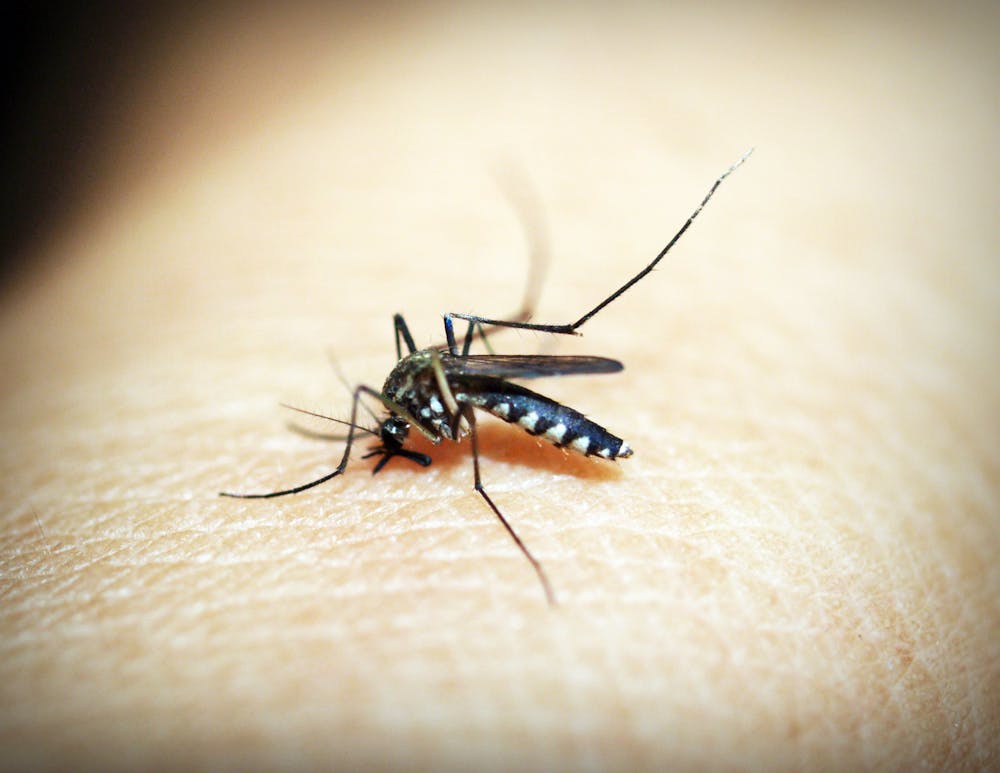
Importance of Mosquito repellent plants
Mosquitoes are a type of flying bug that can be found in almost every corner of the planet. Mosquitoes are a pain. They make a buzzing noise in your ear, leave irritating red bites, and can potentially transmit disease. Mosquito-borne diseases like West Nile virus, malaria, and Zika aren’t something you want to experiment with. To begin, remove any standing water from your outdoor living areas to make them less attractive to mosquito eggs (including the water in clogged rain gutters, birdbaths, and flower pots).
Mosquito repellent plants
Fortunately, there are a few natural mosquito repellents that do not require the use of sprays.
Some of the plants listed below,
1. Basil
Basil not only adds flavor to pesto sauce and salads, but it can help keep mosquitoes at bay. Basil is harmful to mosquito larvae, so you can use it to keep mosquitoes from laying eggs near standing water. Basil is a plant that may also function as a repellant against pesticides. The smooth scent of the basil leaves that keep pests in the distance. As every variety of basil works, you may explore and find the perfect basil varieties to blend in your garden. Flowers and mosquitos are in a stateless state. This plant is maintained moist, needs adequate drainage and has plenty of sunlight. As long as both plants satisfy the same criteria, basil can be planted alone or alongside other flowers in containers or in the garden.
2. Bee Balm
Would you wish to attract beneficial bugs such as bees and butterflies and to discourage harmful ones? Then you have the bee balm, also called Monarda or horsemint. To release the aromatic oils, just crush your leaves. In addition, you will get gorgeous blooms all summer long in the hues of red, pink, lavender, white or purple. Wild bergamot and horsemint are typical names for this mosquito-repelling herb. Bee balm attracts a variety of pollinators, including bees, hummingbirds, and butterflies, to your garden.
3. Catnip
It can be found nearly wherever that Catnip (catmint) thrives. It comes from the mint family and thrives both as a commercial plant and as a weed abundantly. You can take care of it easily and can even begin to overrun other places in your yard. However they are great insect repellents and another BBG suggestion if you wish to forget the insidious nature of this herb. Catmint was 10 times efficient compared to DEET, the chemical used in most insect repellents, in a study conducted in Iowa State University. The chemical nepetalactone, found in catnip, is a powerful mosquito repellant and feline attractant. Cats enjoy rubbing and rolling about in it, so if at all feasible, position your plant in a cat-friendly spot.
4. Citronella
Mosquito repellents and candles often contain citronella. Citronella grass (or lemon grass) is known for its unique scent and is the most frequent natural component used in insect repellents. The Brooklyn Botanic Garden actually advises lemon-flavored plants such as citronella grass for mosquitoes. And the good news is the most efficient live plant to resist pesticides. This low-level plant is best used in big plants as it is not able to survive cold, although in warmer regions a sunny location in the ground can be planted directly.
5. Flower of Floss
Floss flowers contain coumarin, a substance that is commonly used in mosquito repellents.
6. Garlic
Garlic has a strong odor that repels mosquitoes. Garlic has a minor insect repellent effect.
7. Lavender
This fragrant plant can help you relax after a long day and keep insects at bay.
8. Lemon balm
Lemon balm is commonly used to relieve stress, stomach discomfort, and other ailments.
9. Lemongrass,
Lemongrass often known as lemon verbena is a plant that grows in the Mediterranean region. Citral, oil used in mosquito repellents, is abundant in lemongrass.
10. Rosemary
Rosemary is another big mosquito repellent. This plant has been recommended by both the New York Botanical Garden and Plant Shed. Rosemary is a weed that many of us know very well and its woody fragrance keeps mosquitoes and cold moths and carrots away. They are best used in warm and dry settings and flourish in pots that are excellent for winter places. You may also cut into all kinds of forms and sizes and produce large borders or decorations. You may appreciate the herb’s aroma and also savour your cuisine while the bugs are away.